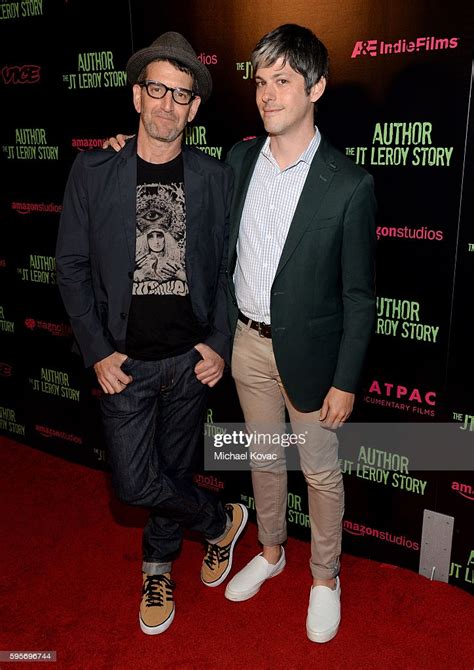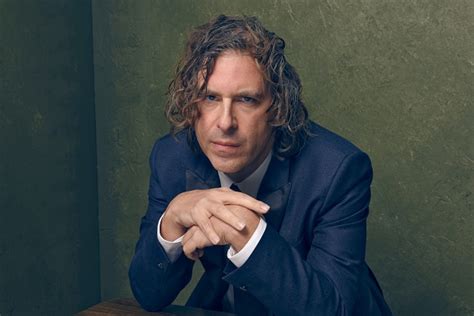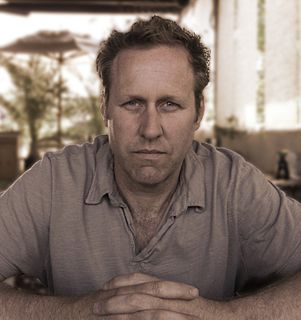A Quote by Jeff Feuerzeig
Related Quotes
I'm not able to completely escape naturalism. It's very difficult to escape from naturalism without being too dry. That's what I try to do in my cinema - escape naturalism and do films that are, at the same time, realistic but have a lot of fantasy. It's very difficult in cinema to get away from what life is about, from real life. The way the actors work has to be realistic - you can't do Baroque acting - so it's very complicated. And, we're human beings, so we're not perfect. I'm trying to do something different.
Faced with today's problems and disappointments , many people will try to escape from their responsibility. Escape in selfishness, escape in sexual pleasure, escape in drugs, escape in violence, escape in indifference and cynical attitudes. I propose to you the option of love, which is the opposite of escape.
There's no real objection to escapism, in the right places... We all want to escape occasionally. But science fiction is often very far from escapism, in fact you might say that science fiction is escape into reality... It's a fiction which does concern itself with real issues: the origin of man; our future. In fact I can't think of any form of literature which is more concerned with real issues, reality.
Narrative, fiction filmmaking is the culmination of several art forms: theater, art history, architecture. Whereas doc filmmaking is more pure cinema, like cinema verité is film in its purest form. You're taking random images and creating meaning out of random images, telling a story, getting meaning, capturing something that's real, that's really happening, and render this celluloid sculpture of this real thing. That's what really separates the power of doc filmmaking from fiction.


































